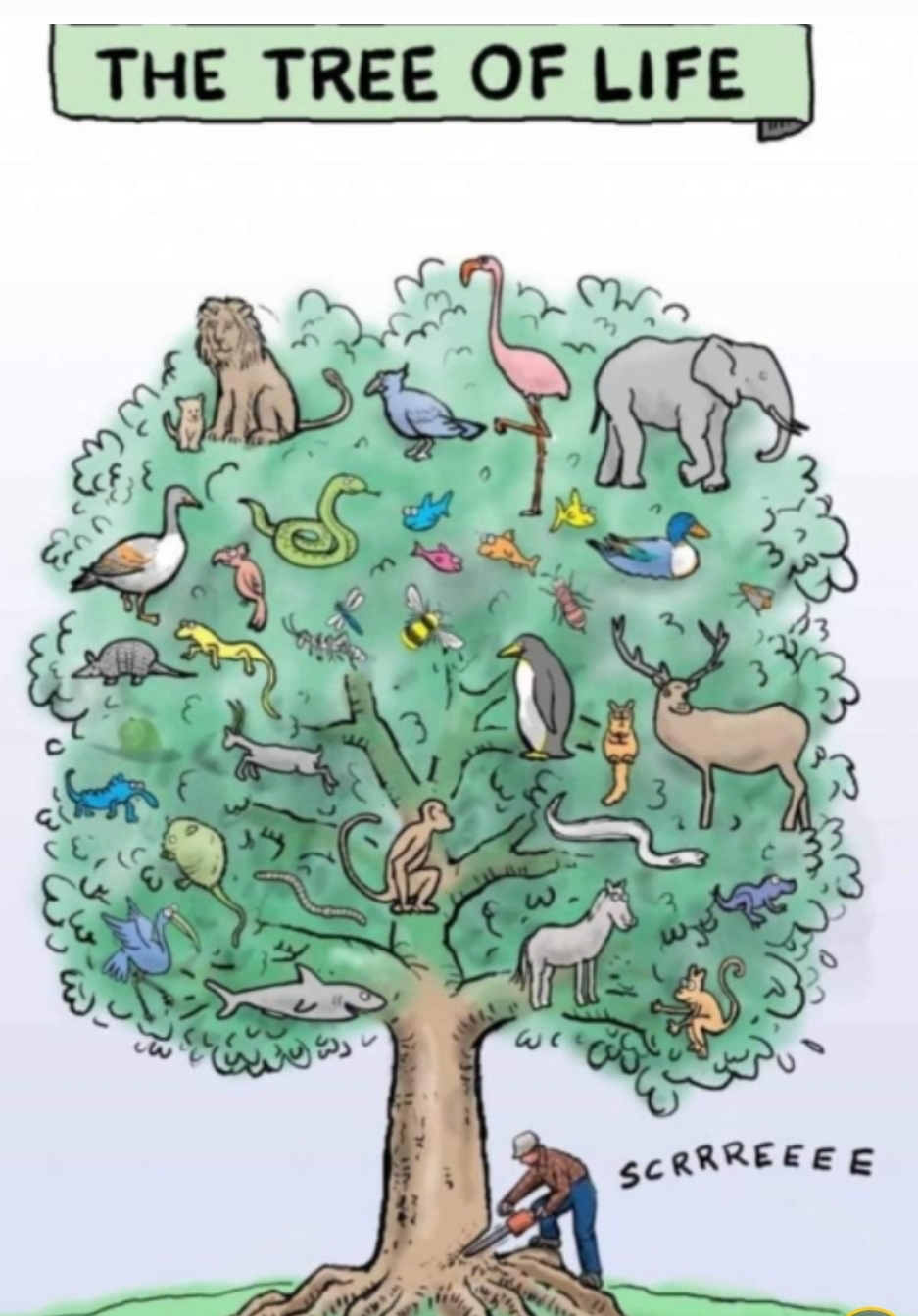Unveiling Evolutionary Relationships with UCEs: A Look at "Understanding UCEs"

The journal article "Understanding UCEs: A Comprehensive Primer on Using Ultraconserved Elements for Arthropod Phylogenomics" by Zhang, Williams, and Lucky (2019) delves into a powerful tool for reconstructing the evolutionary history of arthropods: Ultraconserved Elements (UCEs). This summary explores the key concepts presented in the article, making it accessible to readers with a general understanding of genetics and evolution. The Rise of Phylogenomics and the Need for Better Data The authors begin by highlighting the revolution in evolutionary biology brought about by phylogenomics. This field utilizes large-scale DNA datasets to understand the evolutionary relationships between organisms. Traditional methods, like Sanger sequencing of single genes, provided limited data. UCEs emerge as a game-changer in this scenario. What are UCEs and Why are They Special? Imagine highly conserved regions in the genome, virtually unchanged across vast evolutionary distance...


